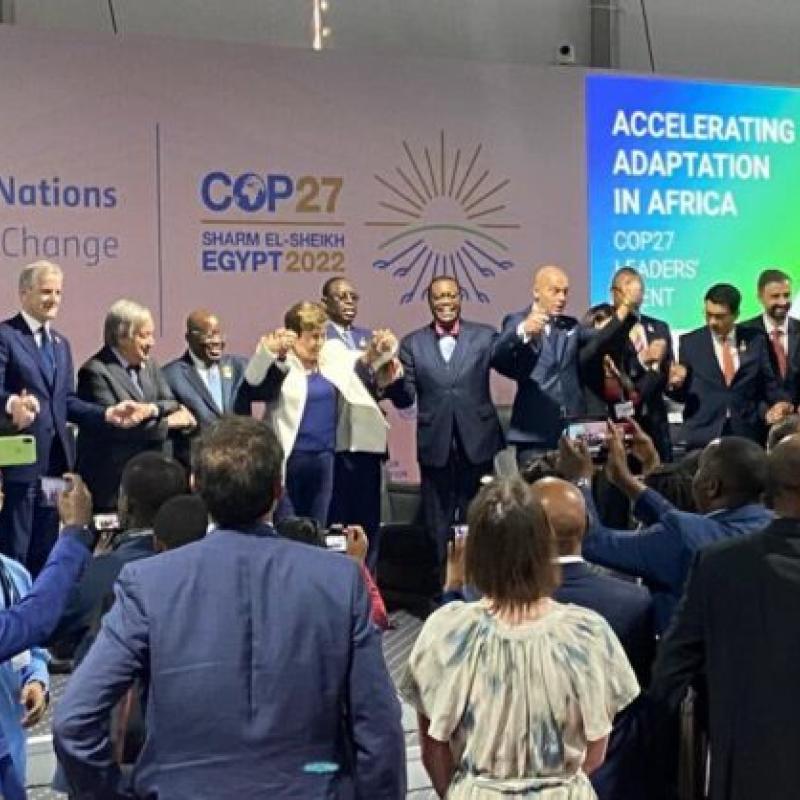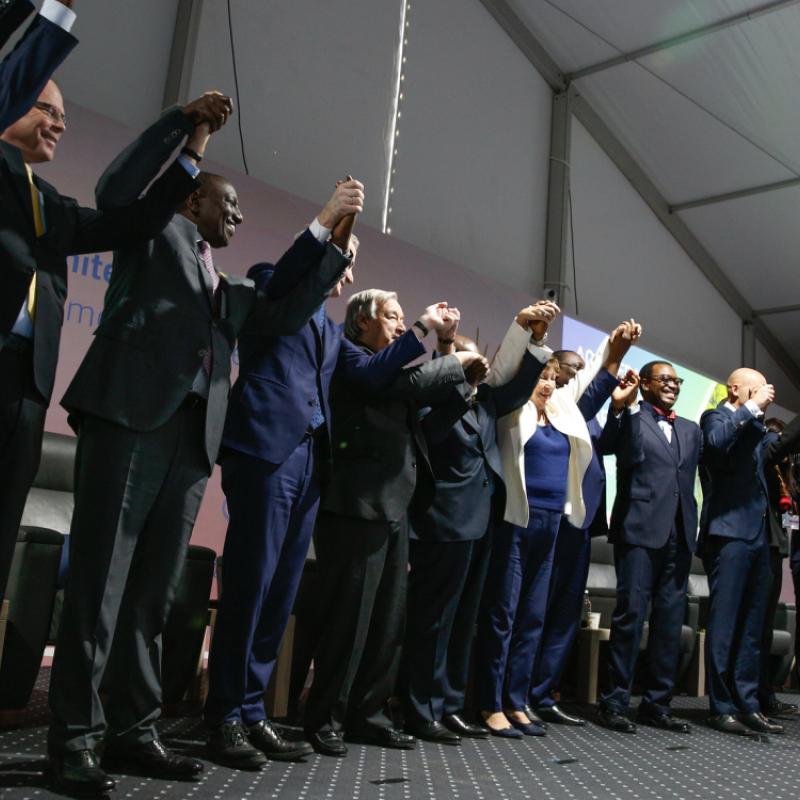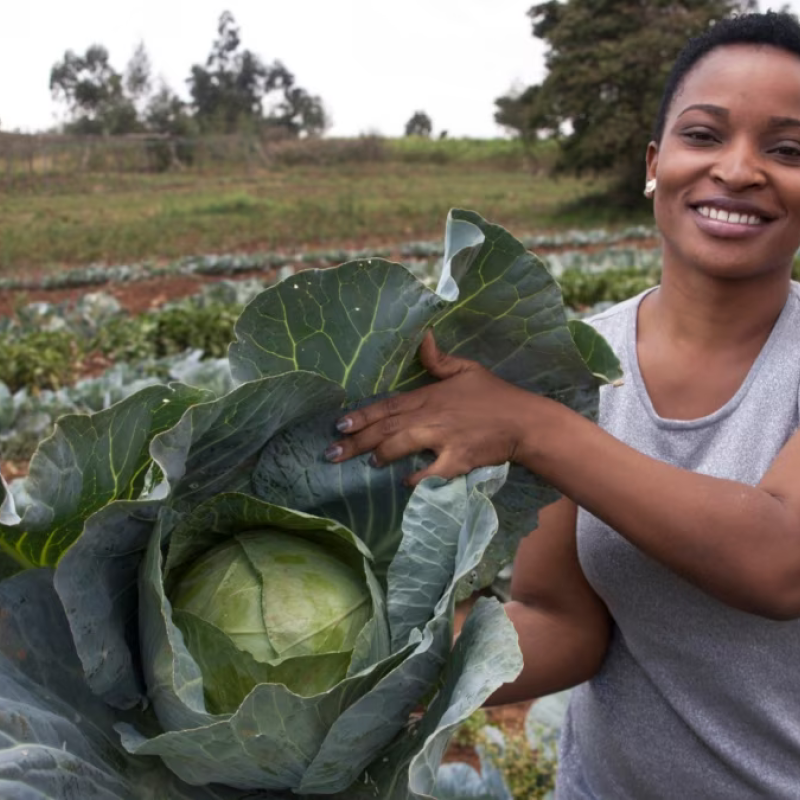Image

AAAP in the Media
Displaying 1 - 3 of 3
COP27: UK triples its pledges for Africa’s climate adaptation projects
Source:The africa report
Millions pledged at Africa adaptation acceleration event
Source:Africa Renewal


